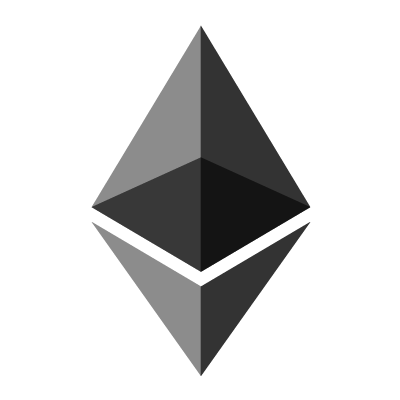It’s The Future of Governance (DAO)

We provide over 100+ FREE crypto articles on our SubStack! 😀 (Link on our profile). This is not financial advice.
TLDR:
The centralised way of decision making and governance is inefficient. DAO is a new way of organisation and making decisions, instead of relying on the central authority. Everyone gets to be part of the decision making process. #equality
General Conclusion
As the world moves towards digitisation, many things are changing. One of the themes we talk about in this series is economics. Economics is really about organising and coordinating resources in our economy.
And that brings us to today's topic of DAO. It is a new way of organisation in our increasingly changing economy.
1. Solution to Decentralised Governance
However, there are many short-falls to centralised governance. Inefficient execution, incentive misalignment, smaller voices for the minority.
So what is the solution? Decentralised and autonomy in decision making, with automation in execution by machines, when possible.
That is DAO — decentralised autonomous organisations.
Note: Whilst we mainly talk about blockchain, DAO can exist on both blockchain and non-blockchain technological stack. It can also work in any digital ecosystem, platform or ledger.
A DAO is mainly a new way of governance and decision making. It could also combine with automated execution via smart contracts.
2. Importance of DAO
DAO is an organisation for decision making. Everyone that is part owner of this organisation also gets to vote on decisions. Decisions can vary — how to allocate funds, which projects to support, what to do with funds.
DAOs are
- Not centralised, so no one person can interfere with decision making (Looking at you, Adam Neumann from WeWork)
- Transparent and auditable
- Cannot be shut down by any one
My utopia: I imagine a world where we exist digitally. Where it transcends geographical jurisdictions and create governance rules on its own. You can decide which governance rule you prefer and exist in that digital ecosystem. We are not bounded by race, nationality, skin colour or language. But by philosophy and ideology. Then the market will decide which autonomous organisation will succeed.
3. Economics of DAO
Economics is more than just supply in demand. In DAOs, we will discuss these 3 economics:
- Economics of trust: we want to be able to trust the parties we are interacting with. This is done through smart contracts and skin in the game. Example: PieDAO
- Economics of coordination: decision making with a small group of shareholders is tough. Decision making with a decentralised group is even harder. DAO helps with this coordination. Example: MolochDAO, MakerDAO
- Economics of allocation: like how government collect tax revenue and decide where to allocate it, the DAO also gets to decide on the governance structure of the ecosystem. Example: KyberDAO, Dash, LAO (by OpenLaw)
Ultimately, DAO is a new way of governance as our economies continue to evolve. It could use tokens or do without. It is still part of the economics design since it is a way of decentralised governance. If you go deeper into details of the various DAO mechanisms, you will realise that the mechanisms are not the same.
Let me know if you want me to do a deep dive into a DAO or other episodes that you are interested in.
submitted by /u/economicsdesign
[link] [comments]